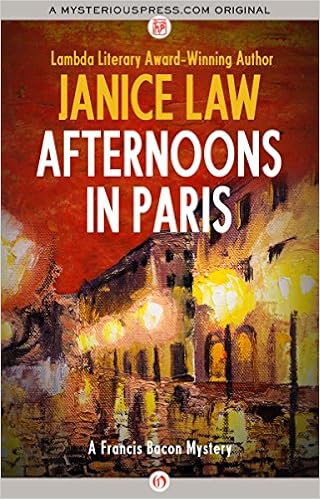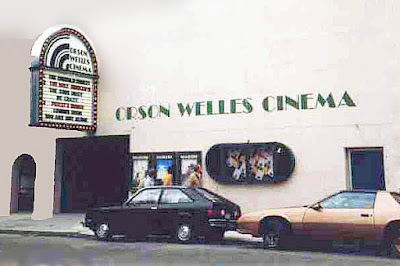By Art Taylor
Three weeks ago, I helped lead a Fiction Intensive workshop with high school students at Broad Run High School in Ashburn, VA—young writers released from their regular schedules for the day to concentrate on creative writing. We worked through a number of exercises on building character, plot, and setting, stopping at several points for the students to share their exercises aloud. The work they were doing was imaginative and exciting, even in those quick timed exercises (which I'm
never good at myself). Last Friday, I returned to Broad Run for a reading in front of a large assembly—me reading some of my work and several students volunteering to read too. In advance of that reading, I offered a critique of those students' drafts—and continued to be impressed by their work and then also by their readings in front of their peers too. Braver than I might have been at their age, I have to tell you!
But several things stood out to me along the way—things that... well,
troubled is too strong a word, and
puzzled too, I guess, but maybe
intrigued?
A couple of things struck me, let's say that, and my thinking about them has continued to gain momentum over the past week.
The first observation: Out of the 30 or so students who volunteered for the workshop, only five were male. They all took a table together, no women with them, and one of the guys sat there throughout the exercises literally staring at the blank page in front of him, writing nothing that I could see, and looking a little pained about it.
The second: The freshmen in the group were overall far more likely to share their work—enthusiastically so—than the juniors and seniors, who kept more quiet. As the students worked on one of the exercises, I chatted with one of Broad Run's creative writing teachers , who pointed out several students who were particularly strong writers but who were very clearly guarding their work much more closely than others.
I'm interested in the first of these observations for personal reasons—as the father of a six-year-old boy who (at least now) very much loves reading and storytelling and the arts in general (more on that in a moment). I've heard too often stories from parents of other boys about how their sons
used to love reading and then simply lost interest, usually around 10 years old from most accounts. Even a quick Google search on "boys and reading" calls up too many articles on the challenges they face, compared with girls, in terms of reading comprehension and even interest in reading at all. Check out
this article from the New York Times in 2011 or
this one from The Guardian in 2016 or
this study from the Brookings Institution or....
But rather than focus on gender differences here, I want to talk more about age—and this interest is also personal, I'll admit, with more to say on my own six-year-old son, Dashiell.
I asked the teachers at Broad Run about the division between the enthusiasm and openness of those ninth graders and the relative reserve of the older students—because I'll admit, it surprised me. My own expectation might have been that older students would be a position of greater leadership, more comfortable in their place at the school, more confident and assured in their work. But the answer I got was that there was more at stake at that age—more self-consciousness about their work, even if the writing itself might have been more advanced in many ways than the work the younger students produced.
Echoing some of this: Yesterday, a writer friend, Liz Mugavero, posted at the group blog Wicked Cozy writers about creative struggles, specifically struggles, as Liz described it, "with process, with procrastination, with plots. With taking myself
seriously enough to expect more for myself and my writing life." You can (and should) read
the whole post, "Writing with Spirit," here. At one point, Liz quoted Julia Cameron of
The Artist's Way talking about "creative injuries," which Liz herself paraphrased as, in part, "something you learned as a child about creativity being shameful or unrealistic to pursue as your life’s work."
What we learn about creativity as children—that emphasis stood out. What parent or what friend might have dismissed the importance of artistic endeavor? Or what part of the educational system devalues the arts at the expense of other lessons, other skills? These are questions to ponder and obstacles to overcome—those external influences—but in my response to Liz, I wondered as well whether creative injuries might be self-inflicted at times too. In what ways do we ourselves form some judgements about what's "valuable" work and what's... extraneous? superfluous? negligible?
I'm struggling to find words again, but I know that even I find myself too often putting my "real" work ahead of my writing—which isn't real? or isn't work?— and maybe it's not just the size of the paycheck at the end of that process that determines what work "counts."
To bring this even more back home—literally: On Wednesday of this week, we had (another) winter weather day, school delayed, then cancelled, and our six-year-old son needing activities and attention around the house while we tried to get something accomplished ourselves on what became a sudden work-from-home day for us too. A seemingly easy answer: craft projects! And so we gathered up paper and colored pencils and crayons and scissors for Dash—and set him out on a project of his own choosing, a drawing he was going to do for a friend.
As you might expect, things didn't go as planned—do they ever?
But the reasons those plans fell apart—that's what I wasn't expecting.
Dash is a fine artist—amazing both us and his teachers with his attention to detail, the precision with which he approaches his work, his comprehensiveness, his enthusiasm. In Oregon last year, we took a lunchtime riverboat cruise one day, and at a restaurant that night, waiting for our dinner, Dash decided to draw the boat from memory. I'm not sure what others might see below, but this proud parent thought his artwork was great—and told him so.
At times, my wife and I have laughed as Dash repeated some of the praise we've given him—him declaring at one point, "I really am a great artist!" as he dove into a new project. It's a confidence that might come across as cocky from someone older, but it seems charming now, as if he's somehow surprised himself.
....which is why on Wednesday, I myself was surprised to hear nothing but frustration coming from him as he tried to draw an airplane.
This doesn't look right. I messed this up. I did this wrong. I made a mistake.
I wish I could find and link to an article I read recently about how kids right around Dash's age suddenly see their creative work with different eyes. Where younger kids more often draw or paint free from any self-consciousness, somewhere around six they begin to feel more self-critical—for two reasons. One is comparison with others: so-and-so draws better than me. The other is comparison with the real world: what I drew doesn't look like the thing I was trying to draw.
...or to shift media:
So-and-so writes better, and then,
what I was trying to write, what I saw in my mind, isn't what came out on the page. We've all been there, I'm sure.
It was a frustrating moment for him—and frustrating too for me as a parent, for bigger reasons. What he was drawing—that plane—it looked fine, and the "mistake" he'd made—a small slip of the pencil along one line, a tiny curve—seemed negligible. But it left him fretful, unsatisfied—and left me wondering bigger questions about how he would handle this new self-consciousness, self-criticism, not just in that moment but in many similar moments still to come, across a lifetime maybe.
Would tearing up the page and throwing it away be a step toward drawing (or writing) better the next time? Surely that can be a good thing—steps toward improving your craft, right?
Or would tearing up that page be just the first step toward walking away from all of it? leaving all the blank pages behind?
"Remember
Ish," I told him, a kids book about a boy struggling with self-consciousness about his own drawings. "Remember
The Book of Mistakes," I said, another one that talks about turning mistakes into triumphs. (Good books, I should add, for all of us.) "We'll read those again tonight, OK? It's all going to work out."
I'm not sure where I'm going with this, I have to admit. I felt like some answer might come to me as I was writing this post, but instead I just find myself thinking about my own frustrations with procrastination and process, those frustrations Liz wrote about, and then about the students at Broad Run High School who were writing fine stories but hesitant to share them, and then about the guy
who just stared at the empty notebook and didn't seem to be writing anything
at all.
In order not to end this post on a worrisome note, I want to go back further into Dash's childhood and to a couple of lessons that he's taught me about creativity and about getting where you want to go—lessons that I've brought up on panels and presentations myself.
The first is about determination. When Dash was first learning to walk, he was nearly single-minded in his resolution. If he fell after one step, he got up and did it again, until he could take two. And once he had two down, he went for three. It took him a long time to get where he wanted to go, but step by step he got there, and I remind myself of this each time I feel like I'm not making enough progress on my writing—page by page, sentence by sentences, word by work, as long as I'm moving forward, I'll get there.
The other lesson is about revision—and about Lego, something I've already talked about here before. When I'm working on revision, it's often painful to take apart something I've written and try to rework it or worse to scrap paragraphs or pages that simply aren't working. But when Dash is working with Lego, he doesn't mind at all dismantling things—there's a glee in it, in fact!—to follow through on some new idea, some new vision.
There's a courage there and a freedom that I wish I had when tearing down and rebuilding my own work. And it's a courage and a freedom that I was hoping Dash himself would have earlier this week with his own "mistakes."
The good news? He didn't throw the page away. He fretted, but he finished, and the end product looks great.
Those lessons I learned from Dash—I just hope he can continue to hang on to them himself.
BSP & SHOUT-OUTS
I'm thrilled that my story
"A Necessary Ingredient" has been named a finalist for this year's Agatha Award, alongside my good friend and fellow SleuthSayers Barb Goffman for her story "Whose Wine Is It Anyway?" Hooray! You can
read both stories at the Malice Domestic website, along with stories by the other three finalists too—all for free.
"A Necessary Ingredient" was published in the anthology
Coast to Coast: Private Eyes from Sea to Shining Sea, co-edited by our fellow SleuthSayers Paul D. Marks and published by Down & Out Books, and in related news, two other stories from the collection have been selected by Louise Penny for this year's forthcoming
Best American Mystery Stories anthology—both stories by fellow SleuthSayers as well: "Windward" by Paul D. Marks himself and "Gun Work" by John Floyd.
Two other SleuthSayers also got tapped for
BAMS honors: Michael Bracken for his story "Smoked" in
Noir at the Salad Bar and David Edgerley Gates for "Cabin Fever" from
Alfred Hitchcock's Mystery Magazine.
Not hardly a bad showing for our little group, yeah? Congrats to all!














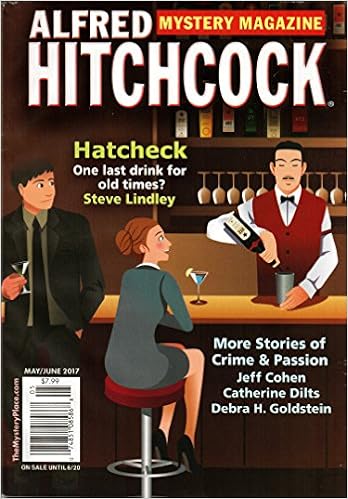


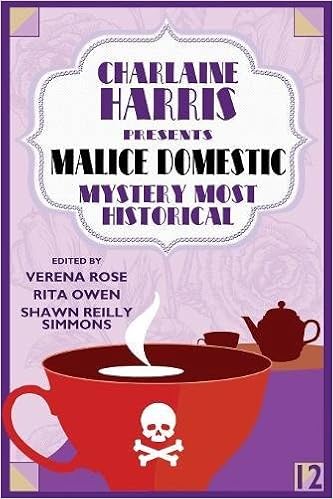


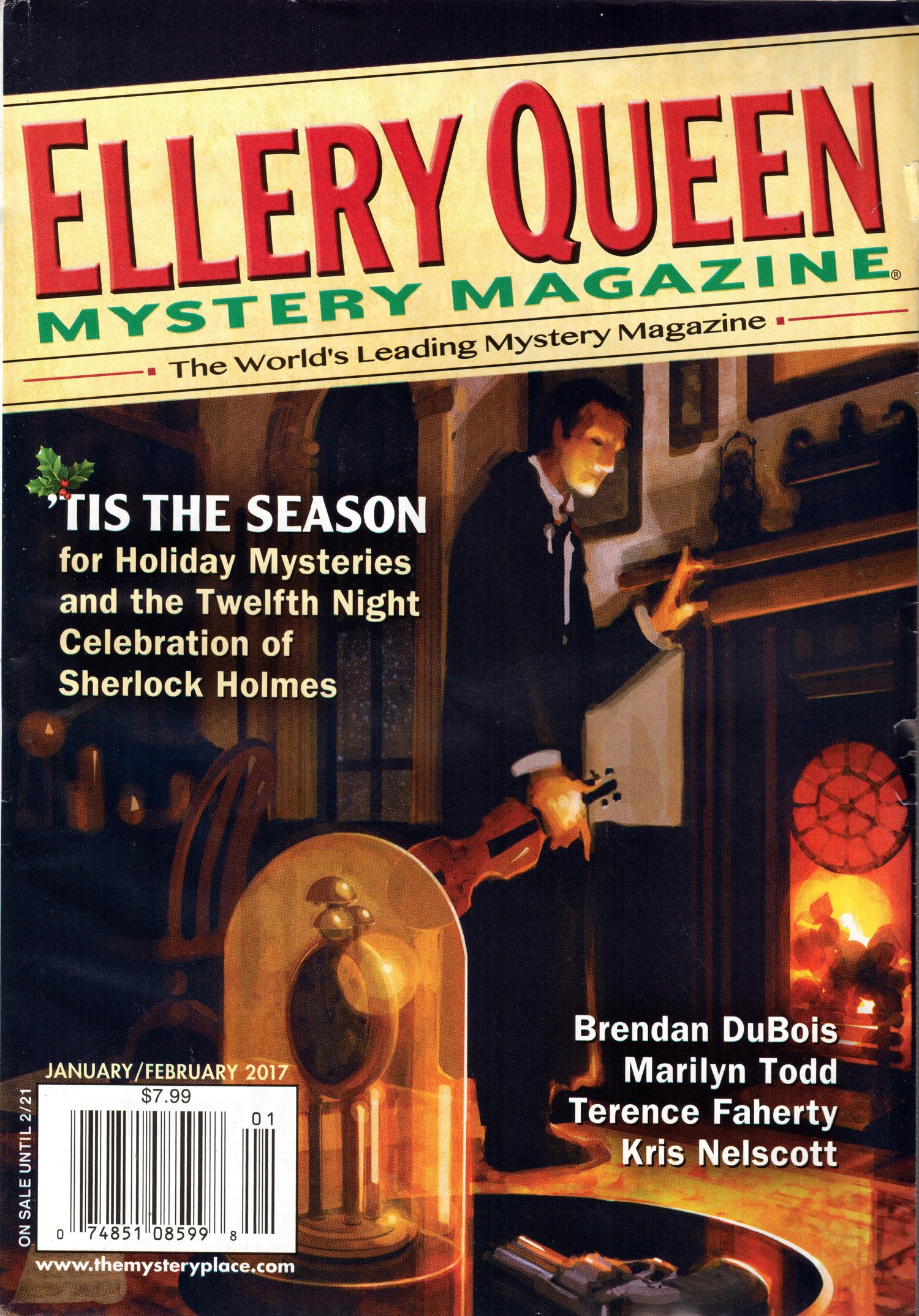







 No, not that one, this one:
No, not that one, this one: 
